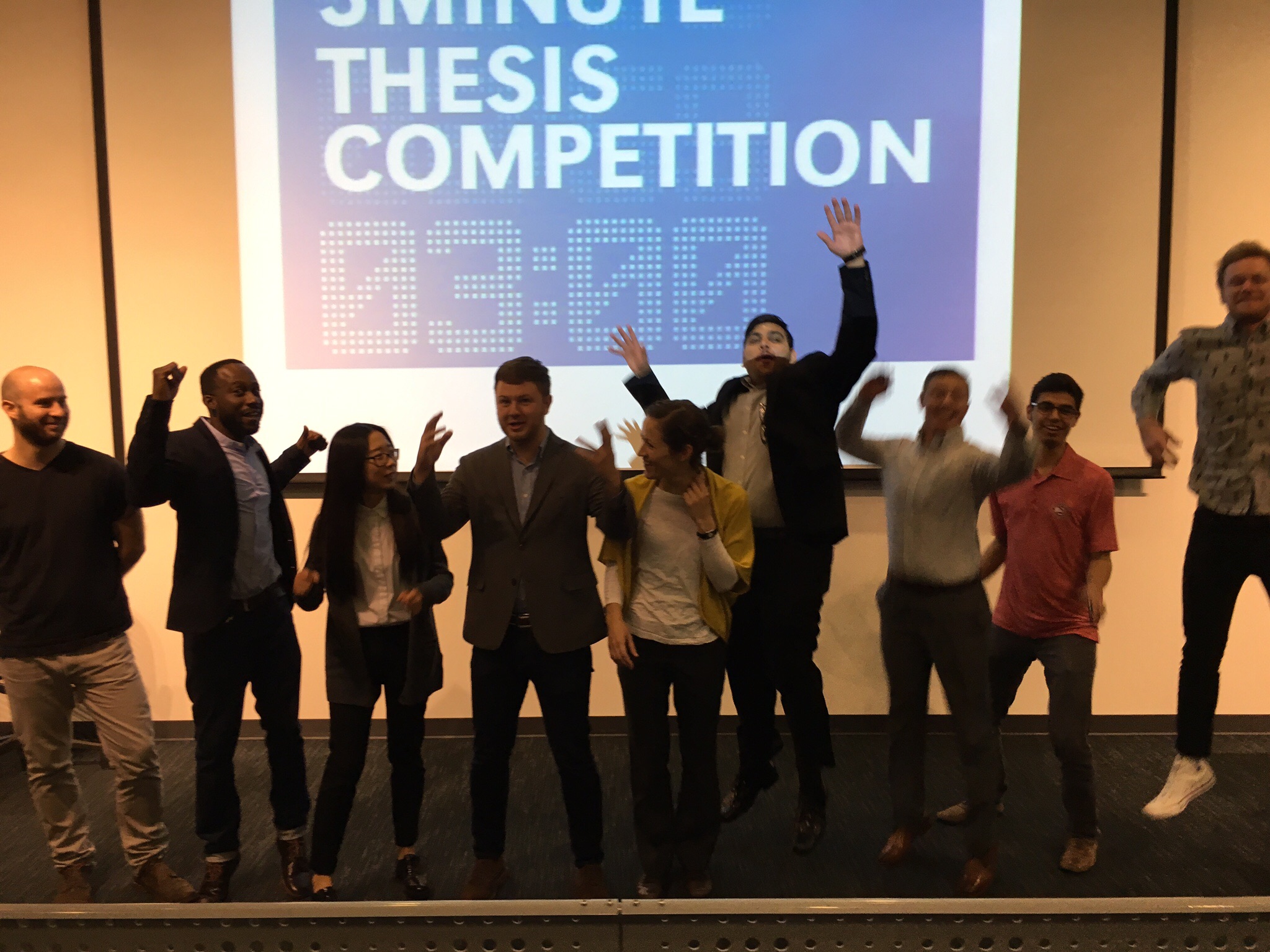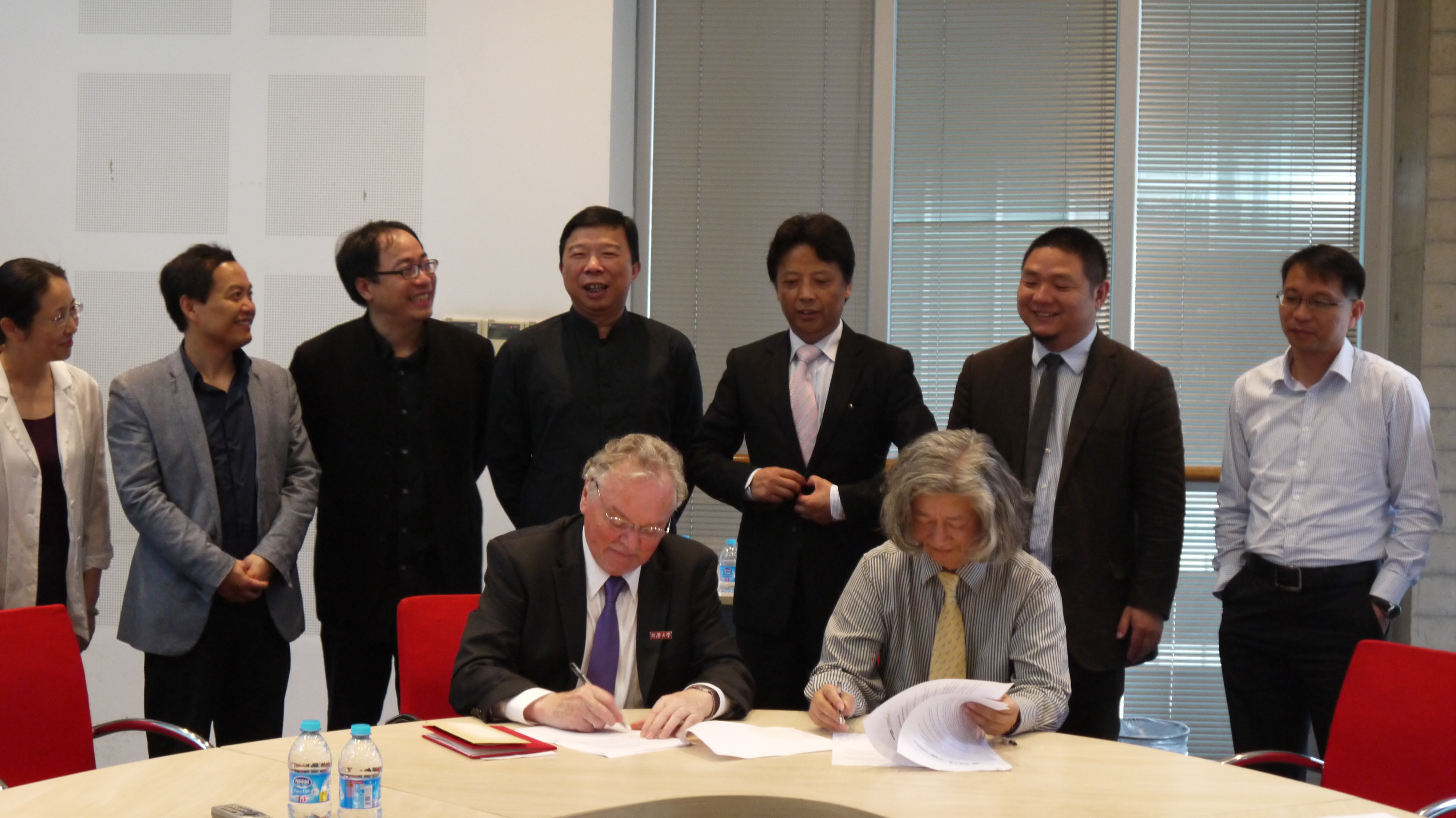Georgia Institute of Technology
Georgia Tech Master of Science in Architecture Offers Three New Concentrations
Beginning Fall 2018, students admitted to the Master of Science in Architecture (MS. Arch) program can work in one of three new concentrations: Advanced Production, Building Information & Systems, and Design Computation. These new concentrations, in addition to the current High Performance Buildings and Design & Health concentrations, highlight the strength of Georgia Tech School of Architecture in research, design, and technology to both emerging and established practitioners.
The MS. Arch degree provides students holding professional degrees in architecture (B. Arch and M. Arch) or with equivalent degrees in allied fields of design and engineering with research-based knowledge that is applicable to the advancement of professional practice. The curriculum leverages the active research programs in the School of Architecture, including the work of both doctoral and professional-level students and the work of the High Performance Building Lab, the Digital Building Lab and the SimTigrate Design Lab.
High Performance Buildings
The High Performance Buildings concentration is focused around the use of building physics and building technology for sustainable architectural design. Emphasis is placed on the analysis of the energy performance and environmental impacts of buildings, as well as on the integration of these metrics in the development of innovative architecture. The program is founded on a first-principles approach to building physics, envelope design, modeling and analysis, life-cycle assessment, applied simulation, AEC Integration, and critical ecological thinking.
Design & Health
The Design & Health concentration is designed for practicing architects, industrial designers, systems engineers, nurses, occupational therapists, clinicians, construction professionals, and health administrators who wish to gain additional expertise in healthcare design. Graduates will be prepared to serve as consultants or project managers on healthcare design projects in consulting firms, healthcare organizations, and manufacturers; help conduct quality improvement and other healthcare projects; and other leadership roles.
Advanced Production
The Advanced Production concentration focuses on integrating advanced design, computation and manufacturing technologies into workflows for the production of experimental spatial systems, material assemblies and buildings. Coursework for this concentration incorporates emerging design technologies including robotics and automation, Augmented Reality (AR) / Virtual Reality (VR), Small Unmanned Aerial Systems (sUAS; aka “Drones”), additive manufacturing (3d-printing), subtractive computer numerical control (CNC) manufacturing processes, parametric modelling and production logistics. Graduates from this program will be prepared to leverage expertise in advanced digital design and production as consultants to or embedded within progressive architectural firms, digital manufacturing operations and advanced technology start-ups. Additionally, this concentration positions graduates to further pursue research through academic faculty positions or as potential PhD candidates.
Building Information & Systems
The Building Information & Systems concentration prepares students for professions in technology development or academic and research careers in an increasingly intelligent, automated and digitally integrated building industry. Core theoretical topics pursued by the program include building information modeling, building engineering, supply chain and systems engineering, Internet of Things technologies and software development. The program provides students with connections to industry and research through its association with the Digital Building Lab, access to additional course and lab resources through its association with the Digital Fabrication Lab, the High Performance Building Lab, and numerous computing, engineering and robotics resources across campus. An optional Certificate in Engineering Entrepreneurship is available for students interested in pursuing career paths as technology firm leaders in startups or other technology companies.
Design Computation
The Design Computation concentration explores the theoretical and practical basis of design as a computational premise. The possibility of design is viewed through the lens of history and theoretical foundations of fields as diverse as mathematics, logic, linguistics and cybernetics. Students graduating from this program are prepared to pursue advanced studies and eventual academic careers at the intersection of the fields of design, computer science and mathematics.
For more information about our MS. Arch concentrations, visit https://arch.gatech.edu/master-science-architecture.
or Georgia Tech on Study Architecture

 Study Architecture
Study Architecture  ProPEL
ProPEL 

